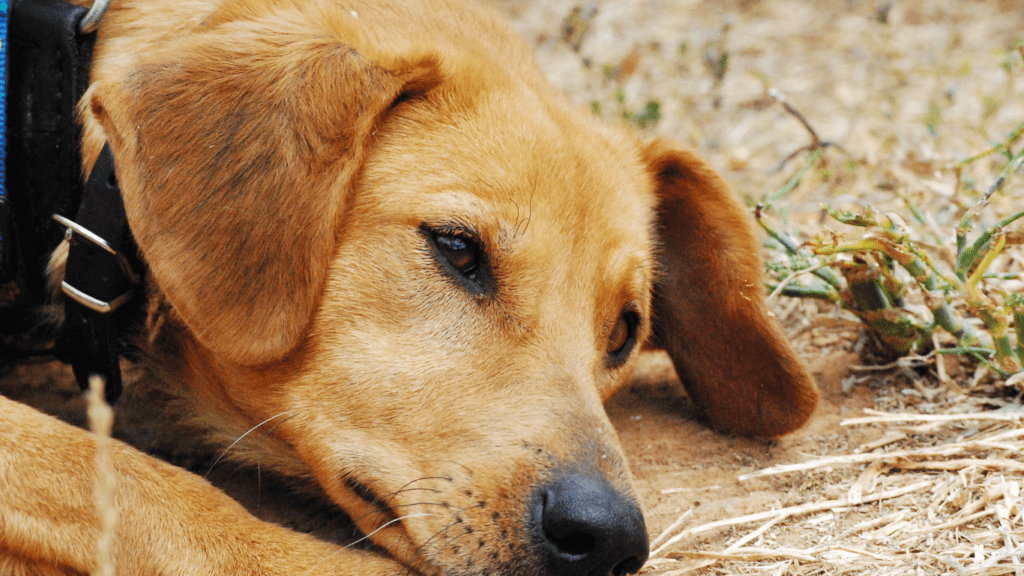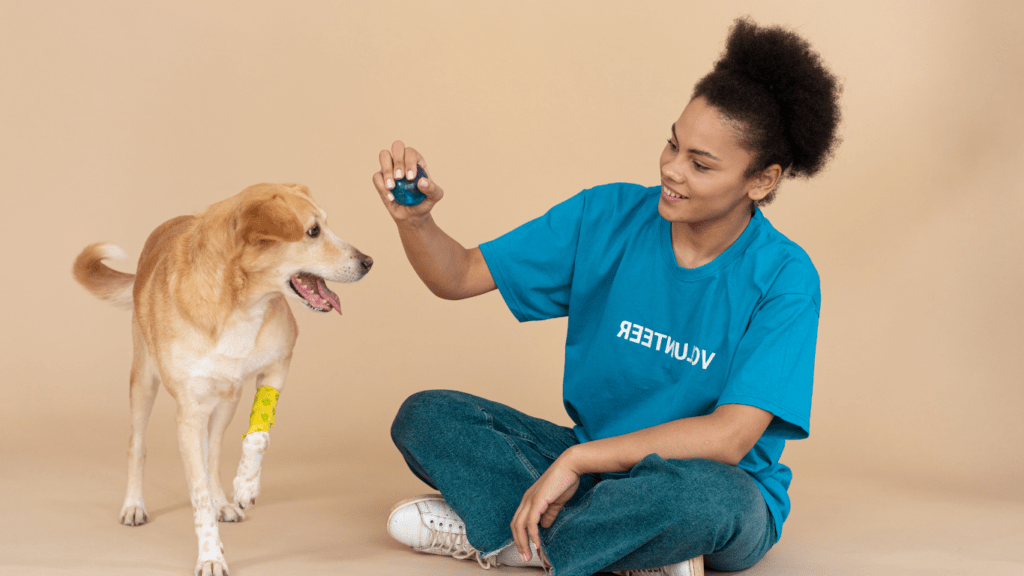Exciting advancements in understanding pet anxiety have emerged, shedding light on how we can better support our furry companions. As a pet owner, staying informed about the latest research can make a significant difference in addressing your pet’s emotional well-being.
In this article, I’ll delve into the recent findings on pet anxiety and provide practical tips on how you can help alleviate your pet’s stress. By incorporating these strategies into your daily routine, you can create a more calming environment for your beloved pet and strengthen the bond you share. Let’s explore the innovative approaches that can make a positive impact on your pet’s mental health.
Overview of Pet Anxiety
In my exploration of pet anxiety, I’ve uncovered significant progress in understanding this issue and its impact on our beloved companions. As a responsible pet owner, recognizing the signs and addressing anxiety in pets is crucial for their emotional well-being. It’s essential to create a harmonious environment that supports their mental health and strengthens our bond with them.
My journey into the realm of pet anxiety has revealed innovative strategies that can positively influence our pets’ emotional state. Understanding the root causes of their anxiety and implementing practical solutions can lead to a happier and more balanced life for our furry friends. Together, let’s delve deeper into the world of pet anxiety and discover effective ways to help our pets thrive.
Understanding the Latest Research Findings
When it comes to understanding pet anxiety, staying informed about the latest research findings is crucial. Let’s delve into the key factors contributing to pet anxiety and explore the impact it has on their overall well-being.
Key Factors Contributing to Pet Anxiety
In recent studies, it has been found that several factors contribute to pet anxiety. Changes in the environment such as moving to a new house, loud noises like fireworks or thunderstorms, being left alone for long periods, and lack of socialization can all trigger anxiety in pets. As a pet owner, it’s essential to recognize these triggers and work towards minimizing their impact on your furry friend’s mental health.
Impact of Pet Anxiety on Well-being
Pet anxiety can have a significant impact on the overall well-being of our beloved companions. It can lead to various behavioral issues such as excessive barking, destructive behavior, and even aggression. Additionally, prolonged anxiety can weaken the immune system of pets, making them more susceptible to illnesses. By understanding the effects of pet anxiety on their well-being, we can take proactive steps to help alleviate their stress and improve their quality of life.
Effective Strategies to Help Pets with Anxiety
In supporting pets dealing with anxiety, it’s vital to implement effective strategies that can positively impact their emotional well-being. Here are some practical tips to assist pet owners in comforting their furry friends:
- Establish Routine: Consistency in daily activities like feeding times and walks can provide a sense of security for pets, helping them feel more at ease in their environment.
- Create Safe Spaces: Designate a quiet and comfortable area within the home where pets can retreat when feeling overwhelmed, offering a safe haven to relax and de-stress.
- Engage in Regular Exercise: Physical activity not only benefits a pet’s physical health but also helps in reducing anxiety by releasing endorphins, the body’s natural stress reliever.
- Use Calming Products: Consider utilizing products such as pheromone diffusers, calming sprays, or anxiety vests that can aid in soothing pets during stressful situations.
- Provide Mental Stimulation: Interactive toys, puzzle feeders, or training exercises can keep pets mentally engaged, preventing boredom and reducing anxiety levels.
- Practice Desensitization Techniques: Gradually introducing pets to triggers that cause anxiety in a controlled and positive manner can help them learn to cope with stressful stimuli.
By incorporating these strategies into daily pet care routines, pet owners can play a significant role in alleviating their pets’ anxiety and promoting a happier, healthier life for their beloved companions.




